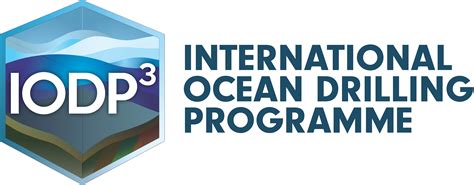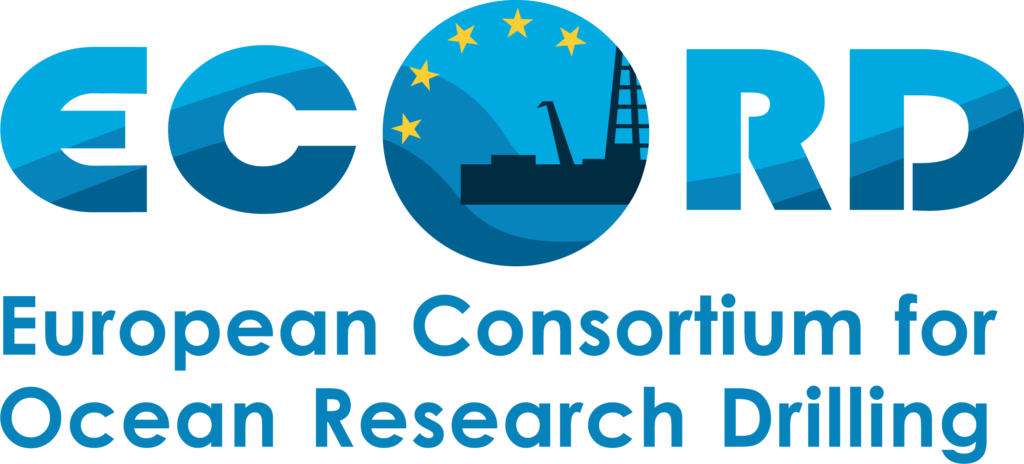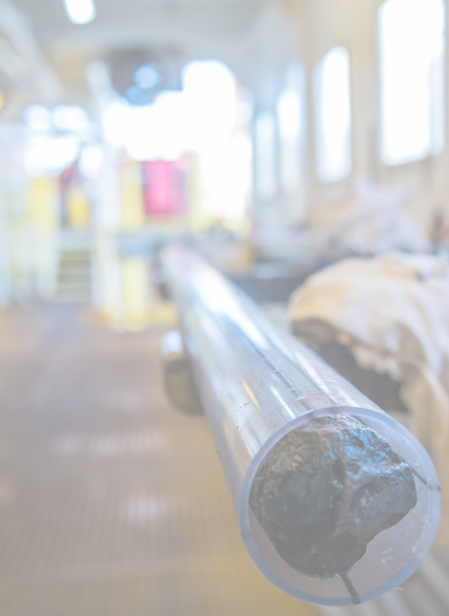IODP

The International Ocean Drilling Programme (IODP3) is an international marine research collaboration that explores Earth’s history and dynamics using ocean-going research platforms to recover data recorded in seafloor sediments and rocks and to monitor subseafloor environments. IODP3 continues the legacy of more than 50 years of scientific ocean drilling and follows the International Ocean Discovery Program (IODP2, 2013-2024), Integrated Ocean Drilling Program (IODP, 2003-2013), Deep Sea Drilling Project (DSDP, 1966-1983) and Ocean Drilling Program (ODP, 1983-2003). The 2050 Science Framework: Exploring Earth by Scientific Ocean Drilling guides multidisciplinary subseafloor research into the interconnected processes that characterize the complex Earth system and shape our planet’s future.

The Netherlands has joined this international consortium on ocean drilling in 1985. The Netherlands Organisation for Scientific Research (NWO) pays an annual contribution to allow Dutch researchers to participate on IODP3 expeditions through the European Consortium on Ocean Drilling (ECORD). ECORD unites 14 European countries and Canada in a single management structure to fund and steer scientific ocean drilling as part of IODP3 research. ECORD is also responsible to fund and implement Mission Specific Platform (MSP) expeditions.
Proposals and Participation
- IODP3 Scientific Ocean Drilling Proposals are community-generated proposals containing hypothesis-driven sciences and targeting the vision outlined in the 2050 Science Framework utilizing different platforms. The IODP3 proposal submission and evaluation process is designed to transform exciting science into successful drilling expeditions.
→ See Guide for Scientific Ocean Drilling Proposals
- Participation in IODP3 expeditions is open to scientists, engineers, professors, research scientists, technologists, and graduate students from all IODP3 member countries. IODP3 expeditions offer the possibilities to sail on (1) a Mission Specific Platform managed by the ECORD Science Operator (ESO), and (2) the Chikyu, a riser drilling vessel managed by the Japan Agency for Marine-Earth Science and Technology (JAMSTEC).
→ See Guide for Applicants
- Scientific Projects using Ocean Drilling Archives (SPARCs) proposals based on existing legacy assets (core, samples & data) may be submitted at any time. The IODP3 SPARCs initiative supports large-scale research projects that address any aspects of the 2050 Science Framework.
→ See Guide for SPARCs Proposals
The IODP-NL office is currently managed by Martin Ziegler at the Faculty of Geosciences, Utrecht University.


